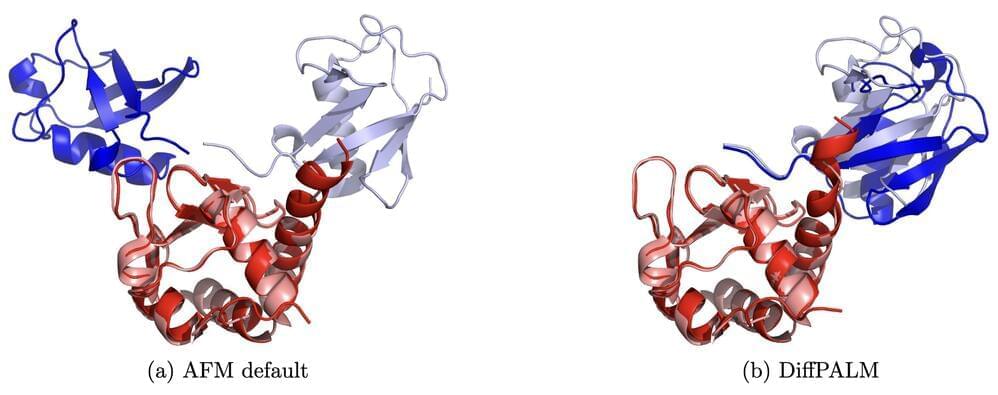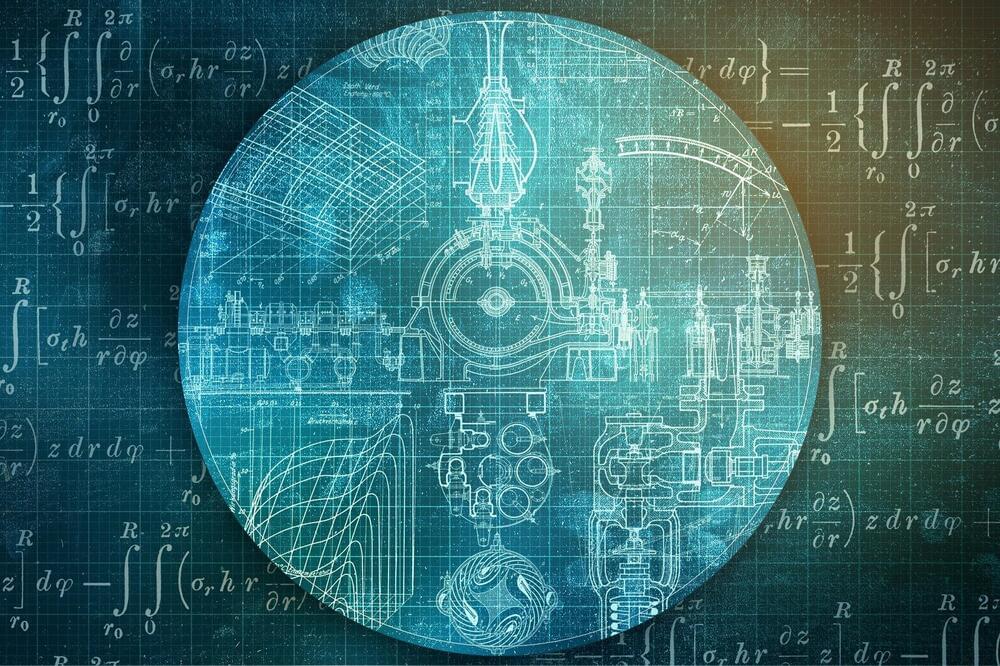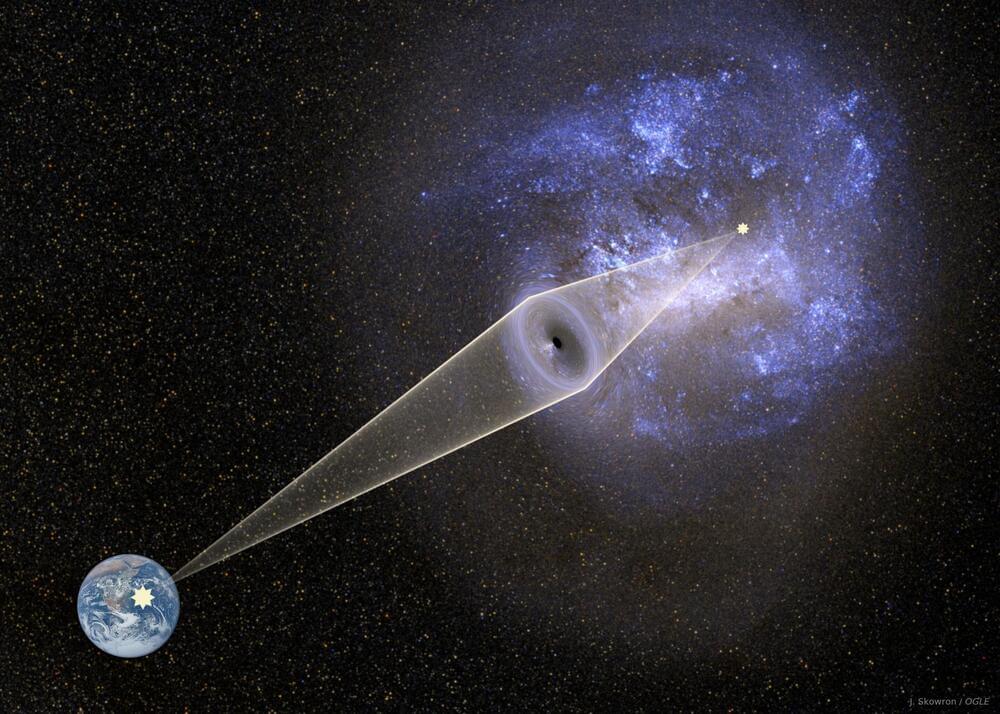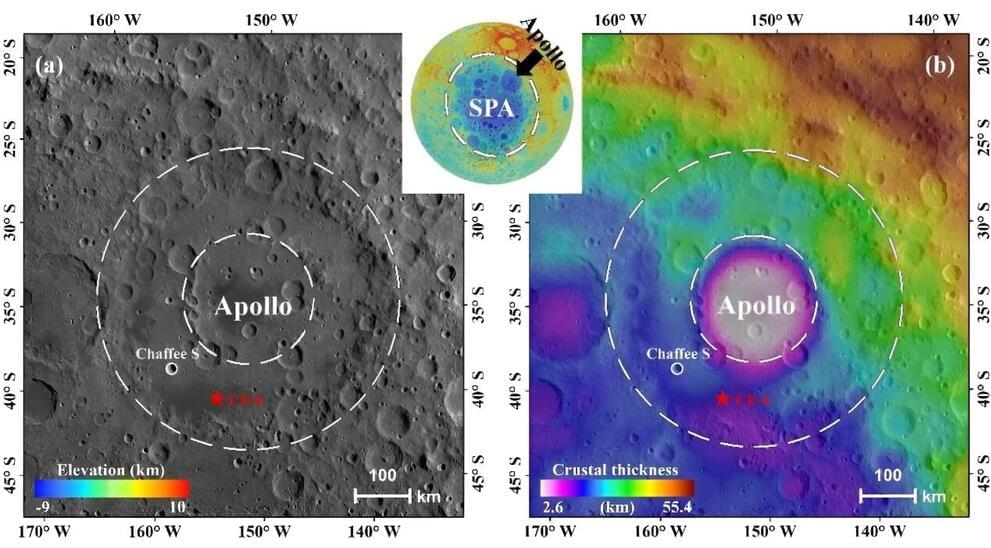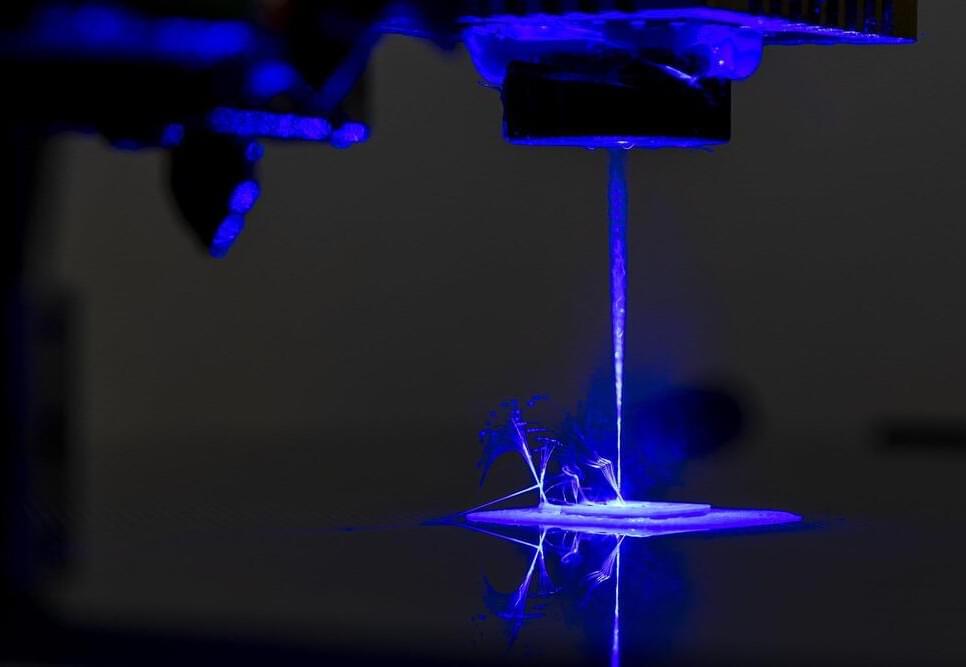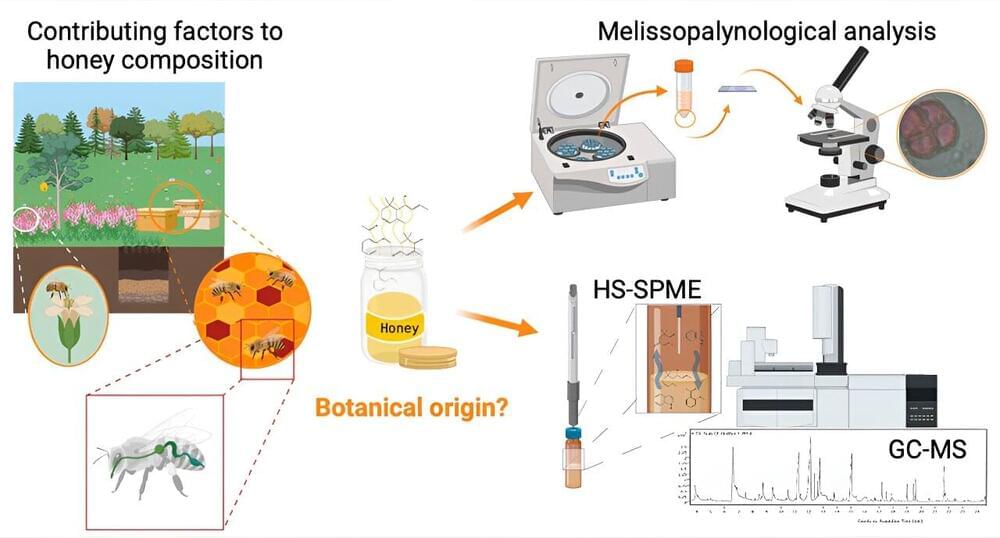Jun 25, 2024
SoftBank’s Son Aims to Create ‘Super’ AI in New Investment Drive
Posted by Roman Kam in category: robotics/AI
“SoftBank was founded for what purpose? For what purpose was Masa Son born? It may sound strange, but I think I was born to realize ASI. I am super serious about it.” — Masayoshi Son.
SoftBank Group Corp.’s big-talking founder Masayoshi Son is back, this time with plans to bring about an era of artificial super-intelligence.

